KURDISTAN DILEMMA;
HEEDLESSNESS OR DELIBERATE BETRAYAL?
Türkiye rightly opposes the Kurdish Statehood attempted to be created in Syria with Israel’s encouragement and America’s support. However, the AKP and Erdoğan government stick out with their following contradiction: the Barzani Autonomous Region, structured in northern Iraq, was carried to its present status over years as a result of the same intensive efforts and Zionist goals of Israel and the United States. What kind of morbid logic is it to oppose Syrian Kurdistan but provide all kinds of opportunities to a more dangerous group, Barzani’s Kurdistan?
Selahattin Demirtaş discloses an important and mysterious contradiction by asking: “If what we are doing is a crime, then why is Erdoğan not on the defendant’s chair?” The answer is that he is the figurehead of the same evil centres!..
Selahattin Demirtaş, former HDP Chief Leader spoke at the Kobane trial. His following words were significant and remarkable: “If what we did is a crime, our partner in crime is the AKP, why is Erdoğan not on the defendant’s chair? I’m not the one who made a deal with Öcalan in İmralı!”
Regarding the protest actions taking place on October 6-8, 2014 to support Kobane, the 15th hearing of the Kobane Case in which the ex-Chairmen of HDP and members of the Central Executive Board (MYK) were included and 108 names 21 of which were arrested to be judged, continued in Sincan Prison Campus. Many lawyers, HDP deputies, the Association of Lawyers for Freedom (ÖHD) and many spectators attended the hearing of the case, which was heard by the Ankara 22nd High Criminal Court. According to the news of Mesopotamia Agency dated August 4, 2022, politicians held in Sincan Prison were present in the hearing room, while politicians in different prisons were connected to the hearing through the Audio and Video Information System (SEGBIS).
Former HDP Co-Leader Selahattin Demirtaş, who was connected to the trial with SEGBIS from Edirne F-Type High-Security Prison, took the word and said: “In no opinion and indictment is the resolution process (specifically) mentioned. It is treated as if there is no opinion, no solution process because the meaning of a word established in that atmosphere is much different. According to the prosecution, there is no solution process!?.. The prosecution does not consider the Democratic Society Congress (DTK) being invited to the Assembly with the signature of Cemil Çiçek but instead draws attention to the Supreme Court’s decision on the DTK. It does not consider that the DTK is still conducting legal work. It acts as if the AKP’s policies at that time did not exist. It does not see that Erdoğan, the Prime Minister of that time, said: ‘The MIT (Turkish Intelligence Agency) Undersecretary will go and see İmralı’. The Government Spokesman of that time, Bülent Arınç said: ‘During our period, displaying the PKK flag was considered not a crime.’ Could any prosecutor at that time stand out and say, ‘they were crimes’? Sırrı Süreyya Önder spoke next to a government official, but neither the government official nor Erdoğan denied their speech. In the documents, it is noted that Erdoğan said, ‘he negotiated with Apo,’ but the prosecutor does not see this. He does not ask what issues they agreed on. We do not know what conclusion they reached. Even though the Prime Minister negotiated with Öcalan in İmralı, I and my friends are being judged for saying ‘Dear, Mr Öcalan’. The prosecutor’s office is trying to make that process be forgotten!? AT THAT TIME THE MINISTRY SAID: ‘THE PYD IS NOT A TERRORIST ORGANIZATION’. I understand if the prosecutor is the Editor-in-Chief of Channel A News, but he is a lawyer. The Ministry of Justice of the AKP, at that time, said: ‘PYD is not a terrorist organization,’ but the prosecutor’s office admits that the PYD is a terrorist organization. There’s a document in the file, but how come the prosecutor does not know about it? In the file, Bircan Yorulmaz was arrested because ‘he got an email from the PYD’, but at that time the PYD co-chairs were coming to Türkiye. Their meeting with the deputy prime minister of the time is not counted as a crime. But, when we receive mail from the PYD, that is a crime; whereas the PYD meets the AKP power. If what we do is a crime, our partner is the AKP. Then, why is Erdoğan not in the defendant’s chair? If we are being judged, the AKP should also be judged. I am not the one who made a deal with Öcalan in İmralı. The opinion consists of distortion, the prosecutor wants the process not to be counted. By writing to the Ministry of Foreign Affairs I want these two to be questioned: How many times they have met with PYD officials since 2012 and what they have talked about? I want a full recording of the lawyer’s meetings in İmralı in 2007. The documents from the Ministry of Justice should be requested. I demand that MIT Undersecretary Emre Taner, Interior Minister Efkan Ala and MIT Undersecretary Hakan Fidan, Ahmet Davutoğlu and Prime Minister Recep Tayyip Erdoğan be heard as witnesses.”
Yes, was it foolishness or was it deliberate treachery to oppose Syrian Kurdistan and support Barzani’s Kurdistan in Northern Iraq… And especially to make normalization agreements with Zionist Israel, which is fighting for the disintegration of Syria, Iraq and Türkiye?
Iraqi Version of Israel’s “Sphere Strategy”
The year 1961 was an important year for the Kurds in Northern Iraq. That year, the Kurds, who were discomforted by the harsh and assimilationist policy based on Arab nationalism of the Baghdad regime started an armed rebellion under the leadership of the famous Barzani tribe. Despite various ups and downs, this first rebellion, which would last until 1975, naturally attracted the attention of various “foreign powers”. As expected, Israel was pioneering these foreign powers. During the ongoing period, Iran and the U.S. would strip to support the Kurdish rebellion and tamper with the “Kurdish card”. Even most people would have thought that these two countries were the real owner of the “Kurdish card”. However, the country that first took control and also evaluated this Kurdish rebellion card from a much longer-term and strategic point of view was Israel.
The uprising, which broke out in 1961, soon became the subject of Israeli interest and they made contact with the Kurds. The first important contact was made in 1964. At that time, Defense Vice-minister Shimon Peres had secretly met with Qumran Ali Badr-Khan who had an important role in the Kurdish movement and had been the European representative of the Kurds for many years. Badr-Khan was an agent on behalf of Israel in the 1940s and 50s and therefore was the most suitable person to have the dialogue initiated again.[1] The thesis that Israel could weaken its enemies by supporting the minority groups in the Middle East countries, and that among the most suitable minority groups for this was the Kurds was explained in 1948 by Badr-Khan himself.[2]
During this meeting between Peres and Badr-Khan, a group of Kurdish guerrilla (Peshmerga) officers was arranged to receive military training from the Israeli soldiers. This secret operation, called “Merved” (Carpet) began in August 1965 and lasted about three months. To advise and train the Kurds, to which Israel attaches great importance, sent to the region the best intelligence officers; brigadier General Tsuri Saguy, Lieutenant Colonel Haim Levakov and Colonel Arik Regevone.[3] In the same year, one of the senior Mossad officials of the time, David Kim Che, with a group of secret service officers, secretly crossed into Iraq and held a new and more comprehensive meeting with the Kurds.[4] The following year, Aryeh (Lova) Eliav, an attendant of the Israeli cabinet and a former Aliyah B (branch related to Mossad’s Jewish emigration) member had gone to the headquarters of the Kurdish insurgents after an adventurous journey on the back of a mule. Eliav did not come empty-handed, he was accompanied by a comprehensive delegation and even a “mobile hospital” consisting of 3 doctors and 3 nurses so that the wounded Kurds could be treated while they fought against the Baghdad government.[5) Here, Eliav met with Mullah Mustafa Barzani, the leader of the rebellion and in fact, gave him a golden meddallion as a gift released due to the beginning of the seventh Knesset ruling period. The meeting held in the mountains of Northern Iraq was formed around the notion; ”the will to provide military, economic and technical assistance for the development of Israel’s Kurdish state and its people”.[6] After these developments, with the participation and help of Israeli experts, Barzani launched a major assault on the Iraqi army in June 1966.
Israel also financially helped Barzani’s guerrillas during the Kurdish uprising. The famous American journalist Jack Anderson, in an article in the Washington Post, wrote: “Every month an unidentified Israeli authority sneaked across the Iranian border into Iraq and gave the Kurdish leader Mullah Mustafa Barzani 50 thousand American dollars. This money allowed the Kurds to continue their activities against the Iraqi government, which is anti-Israel.”[7]
Based on a CIA report published by Anderson at that time, there was information of a close relationship between Mullah Mustafa Barzani and Zvi Zamir, the Mossad chief of the time. According to the report in question, Zamir once visited Barzani at his headquarters in Northern Iraq and asked him to increase the dose of attacks and sabotage carried out against the Baghdad government. In addition, Barzani was asked to help the Jews in Iraq emigrate secretly to Israel. Such “requests” were always positively encountered by Barzani and in exchange, the Kurds received extra “50 thousand dollars packages” from the Israelis, besides the regular monthly 50 thousand dollars of aid.[8]
The memoirs of former Israeli general Rafael Eitan was also providing information that revealed the dimensions of the Israel-Barzani cooperation. According to his memoirs, Rafael Eitan, at the request of Mustafa Barzani, went to Northern Iraq in 1969 and saw the uprising up close and discussed with Barzani, the leader of the uprising, to turn the struggle into a more widespread war. After his visit, Eitan also wrote a report to the Israeli Defense Ministry stating that the Kurds were fighting very well, but they were deprived of having advanced combat vehicles and weapons and so, they needed to be helped.[9]
This Israeli-Kurdish approach, which began in the mid-1960s, after the Six-Day War, which ended with the great victory of the Jewish State continued gaining even greater momentum. The war in June 1967, while upsetting all the balances in the Middle East and making the Jewish State grow bigger in public did not damage the secretly conducted alliance with the Kurds. On the contrary, the alliance further developed and became even more obvious parallel to Israel’s increasingly harsh sayings. According to Ian Black and Benny Morris, this relationship between the Northern Iraqi mountains and Tel Aviv has increasingly earned the title of “the Middle East’s worst-kept secret”.
Israel sent to the Kurds, a large number of Soviet weapons captured from the Arab armies in 1967. Mullah Barzani, who was first so surprised but later extra happy with the Eastern Bloc weapons given to them, wanted more of the extraordinary Israel bombs. Barzani who received a great amount of ammunition and money from the Israelis proposed a joint mobilization after admiring its power. According to Barzani’s plan, when the Kurdish peshmerga conquers Iraq, Israel will also occupy Syria.[10]
One of the most symbolic indicators of Israel’s growing support for the Kurds was the visit of Mullah Mustafa Barzani, the leader of the Kurdish movement, to Israel in September 1967. Barzani, who brought a Kurdish dagger as a gift to Moshe Dayan, was very warmly welcomed in the Jewish State. The echoes that aroused led to the fact that Israel has a finger in the Kurdish insurgency in Northern Iraq being brought to the political agenda. It is known to almost everyone that the attack on the Kerkük oil refineries on March 1969 was planned and directed by Israeli military advisers.[11] The details the famous Egyptian journalist Mohammed Hasaneyn Heykel had found and announced, documented that in 1971 “Israeli officers in Kurdistan were in regular radio contact with Israel and organized the intelligence and sabotage activities inside Iraq”.[12] Israel’s alliance with the Kurds was also heavily discussed in the Iraqi press at the time. Barzani’s second visit to Israel was in 1973. During this visit, as in the first, he stayed in the home of David Gabay, a Kurdish Jew who emigrated to Israel in the mid-1950s and had brought a gold necklace for Moshe Dayan’s wife as a gift.[13]
In short, the Israeli-Kurdish alliance, which just started to shape in the minds of Israelis in the 1930s and virtually began in 1965, continued to grow in the early 1970s. However, the 1970s brought about a significant change in terms of the fate of the uprising in Northern Iraq and thus the Israeli-Kurdish alliance. Because at that time, apart from Israel, the US had personally contacted the Barzani group.
The Differences in Vision Between Tehran, Washington and Tel Aviv on the Kurdish Insurgency
The 1961 Kurdish rebellion, ended with the cessation of Iranian support in 1975. Iraq, suppressed the uprising with great violence and these first big attempts of the Kurds ended in failure. The establishment of a Kurdish state in Northern Iraq was not an immediate goal for the U.S. Seeming to have such a state be founded could have led some U.S. allies – Türkiye being the first – the same problem to rebel against Washington. On the other hand, financing such a state would create a huge economic burden for the United States. In short, two of the three major forces supporting the rebellion, namely the U.S. and Iran saw their support for the Kurdish rebellion as just a tactical manoeuvre.
However, the situation was very different for the third major force supporting the Kurdish rebellion, namely Israel.
As already mentioned, Israel took the Kurds not only as a tactical, i.e. temporary trump card but as a strategic, i.e. permanent ally. For the Jewish State, supporting the Kurdish minority and inciting against Iraq and Türkiye was a necessity of their survival strategy. The success of this rebellion, that is, the establishment of a Kurdish State was an extremely positive improvement for Israel, unlike the U.S and Iran. This, to adapt the classic “divide-rule” strategy to the Middle East, was something that the Jewish State had wanted to see for a long time. Oded Yinon’s report entitled ” Strategy For Israel in the 1980s”, showed how insistent the Jewish State was on the issue mentioned and followed as; “Iraq will be divided on ethnic and sectarian foundations; a Kurdish State in the north, a Sunni State in the middle and a Shia State in the south”.
The Strength of the Kurdish Lobby in Washington After 1975
The alliance Israel established with the Kurds through the Iranian channel was much more permanent and strategic than the alliances Iran and the U.S. had set up. For this reason, after 1975 Israel maintained close contact with the Kurds. The U.S. and the Iranian administrations had betrayed the Kurds, but Israel, especially through its lobby in America, supported the Barzani movement. The last years of Mullah Mustafa Barzani’s life in Washington contained important examples on this subject. Mullah Mustafa had never been cared for by the U.S. authorities he wanted to meet. In contrast, politicians affiliated with or working closely with the Israeli lobby supported Barzani. The most prominent features of these two Americans, who played the most important role in the formation of the Kurdish lobby, were their Israeli connections. Perle was already a self-conscious Jew of his identity, while Democratic Senator Jackson was known to be an ardent defender of Israel.
After the death of Mullah Mustafa Barzani, his successor son Mesud was also getting his share of this Israeli connection. While talking about the political developments in the early 70s, Turan Yavuz wrote about Barzani’s two sons as follows: “Idris and Mesud were often seen in Tehran, Tel Aviv and Washington. Idris and Mesud, who travelled by changing their identities with an Iranian passport, spent most of their time in the CIA, Savak and Mossad Headquarters in these capitals.[14]
All this indicates that Israel is the most strategic supporter of the Kurdish separatist movement in Northern Iraq, that the Jewish State has not given up on the idea of establishing a Kurdish State in Iraq after 1975, and for this purpose has a very close relationship with Barzani’s tribe. This relationship, which has been weakened by Iran’s and the USA’s withdrawal in 1975, has never lost its theoretical vitality.
The PKK, Kurdish Uprisings and the Israeli Connection
The defeat of Saddam as a result of the Gulf War gave hope to the opponents in the north and south of the country. Especially the Kurds, who deeply feel the support of the U.S., once again falling for the dream of a Kurdish state rebelled against Saddam. We all know the events that developed; the Kurds piling up near the Türkiye border, the deployment of the Hammer Force, (Operation Provide Comfort I-II) the north of the 36th parallel being forbidden to Iraqi troops and the step-by-step nearing to the establishment of a Kurdish state in Northern Iraq.
However, there was another actor in these events who did not come up: The “good old” supporter of the Kurdish State project, Israel. The Jewish State, as in the Gulf War did not appear at the forefront of the Kurdish insurgency. Whereas, it had a greater influence on the Kurdish uprising than from its influence in the Gulf War. The first important function of Israel was to bring the Kurds, who resented the U.S. due to treason in 1975, back into contact with Washington. Indeed, after the Algeria Agreement in 1975, Israel was the only country that did not “let down” the Iraq Kurdish movement. Since then, it has continued its sensitivity on the subject. So much so that in 1983, Israeli Foreign Minister Yitzhak Shamir, in his response to journalists in Brussels who asked his views on the cross-border operation carried out by Türkiye in Northern Iraq, described Türkiye as “a country keeping Kurdistan under occupation”.
For this reason, during the Gulf Crisis, the Israelis took on the role of a mediator in the relations established between the Americans and the Kurds. (Because of the strict censorship of Israel very little information has leaked out about this.) And after the uprising started, they were always the leading proponents of the Kurdish cause. In fact, the Israelis considered that the U.S. did not give enough support to the Kurdish uprising. Foreign Minister David Levy, in his Jerusalem speech which was published around the world through Reuters Agency, called for the rebelling Kurds to be given weapons, criticizing the U.S. for not providing (enough) weapons assistance to the Kurds who are uprising in Northern Iraq.
In the meantime, Israel had already renewed its long-lasting relations with the Barzani tribe. Since the beginning of the Gulf War, Mossad’s support to Mesud Barzani’s forces was known. 17 days before he was killed, Uğur Mumcu wrote referring to this issue:
“Do these relations (Barzani-Mossad relations) in the 70’s continue today? According to the book, [Israel’s Secret Wars] it is going on. These relations resumed after the Scud missiles fired by Iraq fell on Tel Aviv during the ‘Gulf War’. The relations established with the father, Mullah Mustafa Barzani, are now continuing with the son, Mesud Barzani. Mossad continues this support by giving [Mesud] Barzani checks in European cafes. The book also says that Mesud Barzani secretly went to Israel and asked for help. These relationships are continuing and it seems that they will continue even more… It will last via both secret and open means… The interest is obvious… The relationship is also obvious.”[15]
The u.S Jewish Lobbies’ Plans for a Kurdish State
It is known that the Gulf War, which the United States launched against Saddam, actually developed largely with the indoctrination of Israel and under Israel’s thesis. The Kurdish rebellion that broke out in northern Iraq after the Gulf War and the U.S. policy on this issue also developed following the expectations of the Jewish State. Saddam remained in place “with his teeth pulled out” exactly as Israel wanted, but on the other hand, the uprising that would give way to the Kurdish State that Israel had dreamed of for decades was accelerated. Although the Americans did not want to make these intentions very clear from the beginning with the encouragement of the Jewish lobbies, they aimed to establish an independent Kurdish formation in Northern Iraq, in short, a Kurdish state. As a matter of fact, they made quite a few efforts for this during the Gulf War, sending weapons to the Kurds of Northern Iraq for their uprising.
It was Israel imposing the artificial “Syrian Threat” on Türkiye!
In the Sabah newspaper dated December 17, 1989, the headline with the title “Israel Warned: Watch out for your Southern Neighbors!” had been published. In the news prepared upon the meetings between Israel officials and Sedat Sertoğlu, the closest journalist in the Turkish press to Israel the following sentences were included:
Israel Warns: Beware of the South!.. Israeli experts said that Türkiye should not forget the possibility that everything can change in 24 hours in the Middle East. The Israeli officials, who explained their views on the condition that their identities are not revealed, noted that much more serious problems than today’s could arise due to the Kurdish matter and the Atatürk Dam… Israeli officials stated that the Hafez al-Assad government had purchased 80 pieces of M-90 missiles with a range of 600 km from China, and paid over $100 million, explaining the importance of these missiles as follows: “The new missiles can be deployed inside the Syrian territory due to the length of the range. They don’t have to be brought and set up at the border. Therefore, in the event of a war, Turkish jets will need to organize an air attack on the Syrian border to destroy these missiles. If not, the missiles have the power to do great damage to Atatürk Dam. Stating that Syria would fight with Türkiye for the gap project, the Israeli experts added: “In this war, Türkiye, may not find the support of nato and America, note this down.”
In short, the Israelis are putting a big “Syrian bogeyman” in front of Türkiye. The channel they used to do this was the known “parts of media”. The media sector in question regularly worked on the same issue in the following months and years. Especially the owner of the news above, Sedat Sertoğlu -and the “World Report” page of the Sabah newspaper under his control- sometimes based on the statements of “Israeli experts” and some other times based on other sources, how big a danger Syria was from the point of view of Türkiye was constantly being expressed. This country was the largest protector of the separatist terrorist organization and had an eye on the water of Türkiye, and even planned to add Hatay to its territory. Syria was developing a ”two and a half war strategy” against Türkiye, with Greece and the terrorist organization beside.
Polishing Barzani
One of the strategic deceptions that have been sought to be imposed on Türkiye so far is It’s incitement against Syria and Iran. However, there is also the issue of Northern Iraq, which is vital for the Kurdish problem and here a wrong policy is being imposed on Türkiye. The policy was to have Barzani be elected and supported among the different groups in Northern Iraq, in other words, having “Türkiye play for Barzani”.
First, let’s briefly summarize the situation. As is known, in the Kurdish movement in Northern Iraq which gained an autonomous structure after 1991 there were two major political heads, the Kurdistan Democratic Party, led by Mesud Barzani (kdp) and the Patriotic Union of Kurdistan, led by Celal Talabani (kyb). The decoupling between these two had primarily a sociological basis; they were two separate leaders of two separate dialects and Kurdish tribes. Barzani was the leader of the Kirmanches with the population more populated in the west of Northern Iraq. On the other hand, Talabani was the leader of the Sorani tribe, which was populated in the east. The kdp politically dominated in Bahdinan, covering the regions Khabur, Zaho, Dohuk, Amadiyah, Minba and Eskikalah. kyb was controlling the Soran region where Erbil, Revandüz, Diyana, Kuştepe, Taktak, Dokhan, Cemcemal, Suleymaniye, Leylan, Kadir Karam, Mullah Umar, Sargala, Bava Nur settlements were located. Turkmens, whose number exceeded 600 thousand and mainly lived in Erbil, constituted the third important group.
And for many years in Türkiye, there was propaganda carried out suggesting that the kdp and kyb leaders had different temperaments from each other and that this had an impact on the policy they followed. According to an idea that was persistently defended and widely accepted; Mesud Barzani was more confident, loyal to his words and a steady leader. Celal Talabani was introduced as a “slippery” politician; he could falsify tomorrow what he says today and moreover, he could easily “let down” his allies.
Barzani and the Terrorist Organization Contact
In the last 10-15 years, the political picture in Northern Iraq has undergone very fast and sudden changes. For this reason, in order to be able to make a healthy analysis, it is necessary to consider not one part of this period, but all of it. Presented as a natural ally for Türkiye in Northern Iraq, to see the real positions of KDP and its leader Mesud Barzani, this kind of perspective is essential. When we look at Barzani’s past, it is a fact that we come face to face with a usually forgotten truth: The first power to embrace the pkk is Barzani. The settlement of the pkk in Northern Iraq, was with the permission of Barzani in 1982. During this period, pkk and kdp began to work in harmony. Trained in Syria and Lebanon the pkk militants were being shifted to Northern Iraq, new pkk camps were being formed in Northern Iraq. Lolan camp in the Türkiye-Iran-Iraq triangle had become the largest camp of the pkk. As there was a radio centre of the KDP in this camp pkk‘s newspaper was also published.
This friendship between Barzani and the pkk was emphasized in the book titled “Kurds, pkk and A. Öcalan” written by the well-known Major Cem Ersever, a victim of an unknown murder.
Mesud Barzani also was the person who let the terrorist organization pkk settle down in the Northern Iraqi region where the Turkish army has been conducting operations for years but not being able to clear it out. In terms of the agreement they made at the end of 1982, pkk placed groups of militants and set camps in the Northern Iraq region where kdp was in control.[16]
Aware of the pkk activities in Northern Iraq and so disturbed, Türkiye signed a ”Border Security and Cooperation Treaty” with Iraq in the winter of 1983. Within the framework of this agreement, Türkiye would be able to operate by entering 10 km from the borders of Iraq. But kdp first allowed the pkk to enter Northern Iraq, and then did not attempt to take them out, gave the organization which used Northern Iraq in the best way, the opportunity to make a breakthrough in 1987. With the contribution of the young who were forcibly taken into the organization in the regions Hakkari, Eruh, Şırnak, and Van-Çatak, the numbers of the pkk groups having reached 100, started travelling easily in the mountains.
In fact, with Barzani’s “compulsory approval”, in May 1997, during the reign of Refah-Yol Prime Minister Erbakan, Türkiye conducted the largest military operation in its history in Northern Iraq. Those who said that “This, meant the project of ’a Kurdistan belonging to Barzani’ set in West Jerusalem and Washington must be approved by Türkiye” were wrong. However, the development we mentioned above, showed how deceptive the thesis of Barzani being a trustful ally for Türkiye was. Erbakan once again made the Zionist and imperialist calculations fail. Since there is a clear situation; when the conditions require so, both Barzani and Talabani could easily establish an alliance with the PKK and from then on it is clear that they will continue to do so. Despite all this, unfortunately, R. T. Erdoğan’s power was made in the event of accepting Barzani, the U.S. and Israel’s choice in Northern Iraq, as a ”reliable ally”. What Türkiye needs to do is not to rely on any of these groups and expect help from them against pkk, but to do everything possible to re-enter Northern Iraq under the authority of Baghdad.
Those who led Türkiye to support Barzani -namely the U.S. and Israel- unfortunately, realized the project of “a Kurdistan belonging to Barzani” with the heedlessness and support of the Erdoğan government. There is no need to be a soothsayer to predict that such a state will claim land from Türkiye in the medium term. Especially if Türkiye goes down a “wrong” path and pursues policies that will disturb Barzani’s friends in West Jerusalem, the Kurdish separatist spark, which Barzani will turn into a fire, will be spattered to the north of the border. As a matter of fact, Barzani’s friends in the West Jerusalem have been evaluating this option for a long time. According to what Ufuk Güldemir narrated, at the Foreign Policy Institute’s working group on Middle East relations of Türkiye, which was convened in Ankara in 1986, closed to the press, “an official who had been at the highest points of the state” gave the following information:
“Researchers in Israel have been studying minority problems and ethnic problems in Türkiye for the last three years. Of course, it is possible to interpret this as follows: If Türkiye takes on a hostile attitude towards Israel as a future Arab ally, then this will pose a very big threat to Israel. Then the destabilization of Türkiye would be extremely important for Israel. That’s why they do ethnic studies.”[17]
It is probably no coincidence that the year 1983 when Israeli researchers began to study, “Minority and ethnic problems in Türkiye” was also the year in which the terrorist organization appeared. What Ariel Sharon, previously the Minister of Infrastructure in the Netanyahu cabinet and the one who was considered the pioneer of the Kurdish State project idea, said at the time “Türkiye is within our interest” seems to have a meaning related to this issue.
[1] Ian Black & Benny Morris, Israel’s Secret Wars, p. 184.
[2] In a report submitted to the Middle Eastern Affairs Department of the Israeli Ministry of Foreign Affairs in 1948, the European representative of the Kurdish movement, Qumran Ali Badr-Khan, underlined that Israel could destabilize Syria and Lebanon by inciting minorities in to revolt in these countries. In the report; it was emphasized that the Druze, Marunis and Kurds were Israel’s natural allies and it was stated that help from the Jewish State could especially play an important role in the “Kurdish national struggle”. See. Ian Black & Benny Morris. Israel’s Secret Wars, p. 65.
[3] Shmuel Segev, HaMeshulash HaIrani, Tel Aviv, 1981, p. 214; Ian Black & Benny Morris, Israel’s Secret Wars, p. 184.
[4] Andrew & Leslie Cockburn, Dangerous Liaison, p. 105.
[5] Dan Raviv & Yossi Melman, Every Spy Is A Prince, p. 83.
[6] Edmond Gharib, The Kurdish Question In Iraq, p. 142.
[7] Jack Anderson, The Washington Post, September 18, 1972; Turan Yavuz, The Kurdish Card of the USA, p. 46.
[8] Turan Yavuz, The Kurdish Card of the USA, p. 47.
[9] Fehmi Koru, Terrorism and the Southeast Problem, p. 110-11.
[10] Ian Black & Benny Morris, Israel’s Secret Wars, p. 185; Nezih Tavlaş, “Turkish-Israeli Security and Intelligence Relations”, Eurasia File (Israeli Special), Volume 1, Issue 3, Autumn 1994, p. 5-31.
[11] Ian Black & Benny Morris, Israel’s Secret Wars, p. 184.
[12] Shmuel Segev, HaMeshulash HaIrani, Tel Aviv, 1981, p. 214; Ian Black & Benny Morris, Israel’s Secret Wars, p. 184.
[13] Fehmi Koru, Terrorism and the Southeast Problem, p. 110-11.
[14] Turan Yavuz, The Kurdish Card of the USA, p. 47-48.
[15] Uğur Mumcu, Cumhuriyet, “Mossad and Barzani”, January 7, 1993
[16] Ahmed Cem Ersever, The Kurds, the PKK and A. Öcalan, p. 80.
[17] Ufuk Güldemir, Türkiye in the Shadow of the Riot Police, 1980-1984, Page: 202

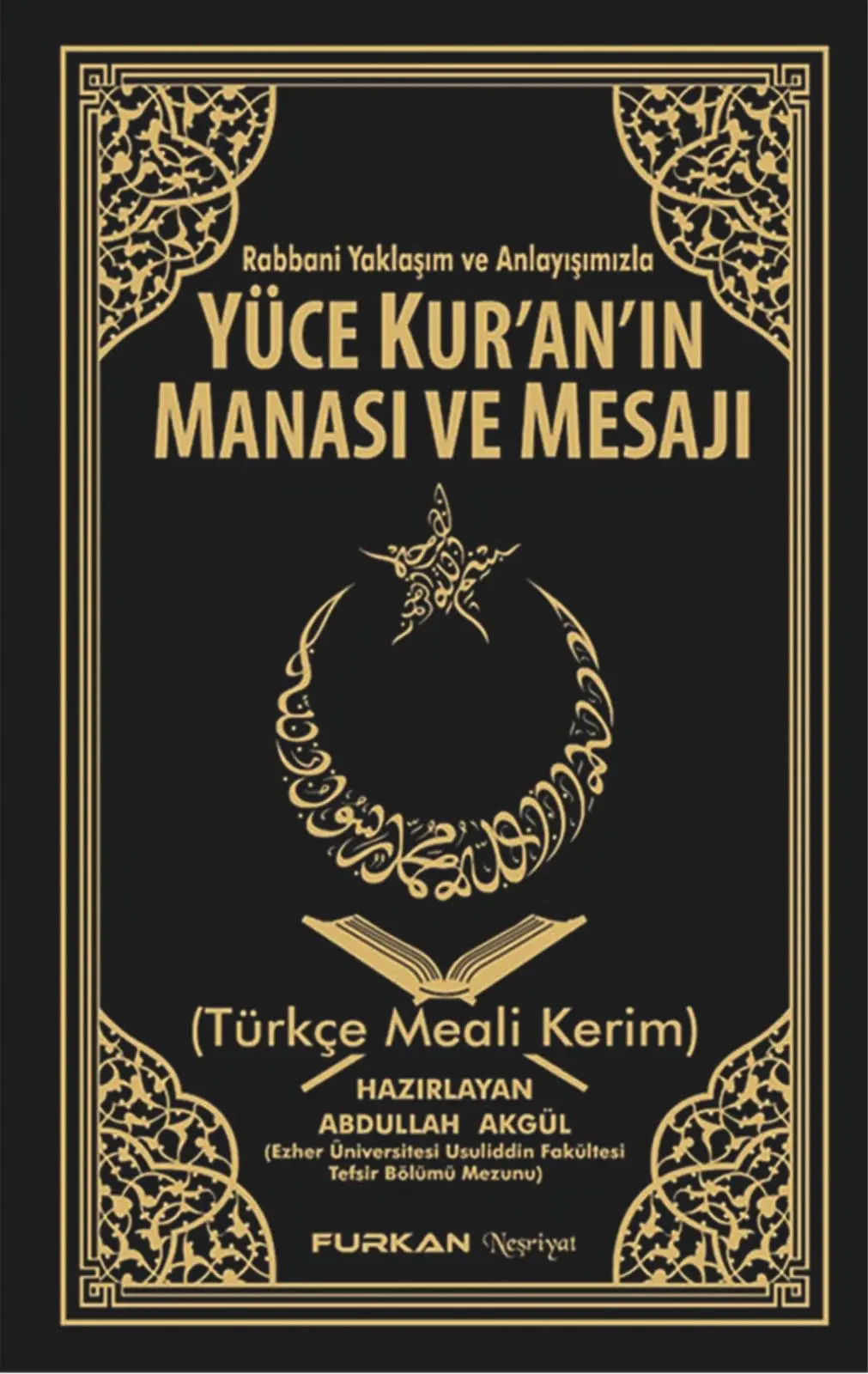

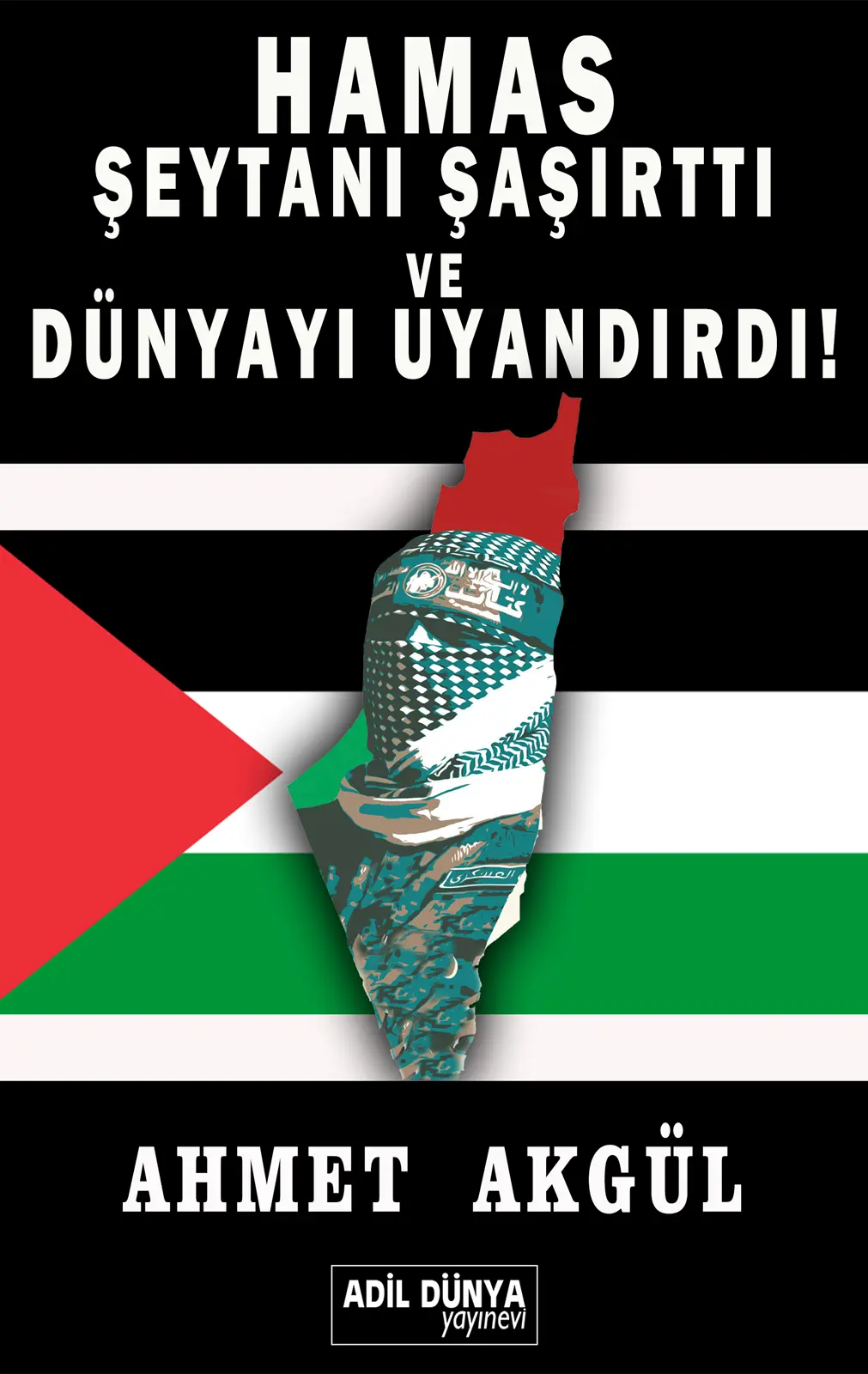
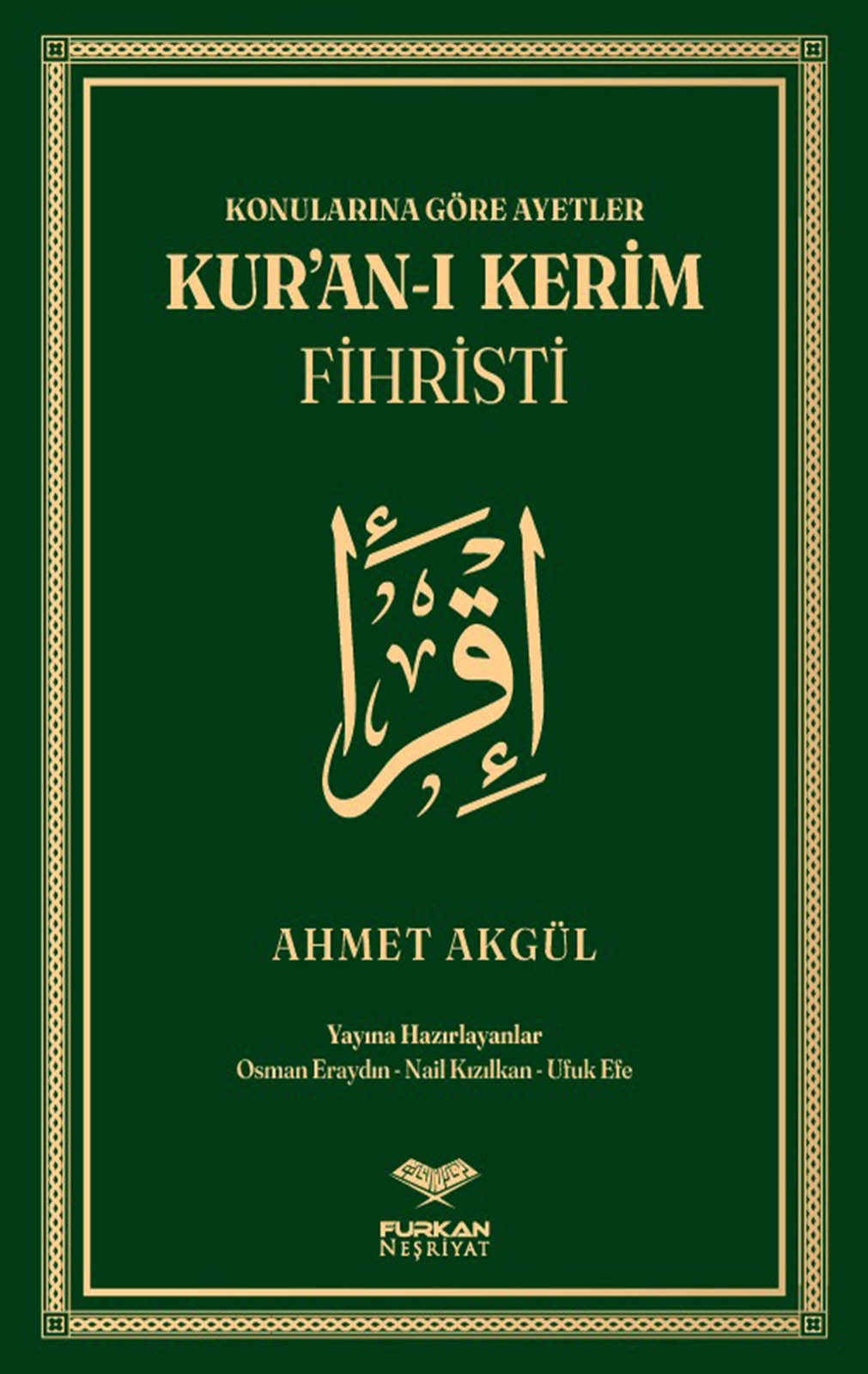
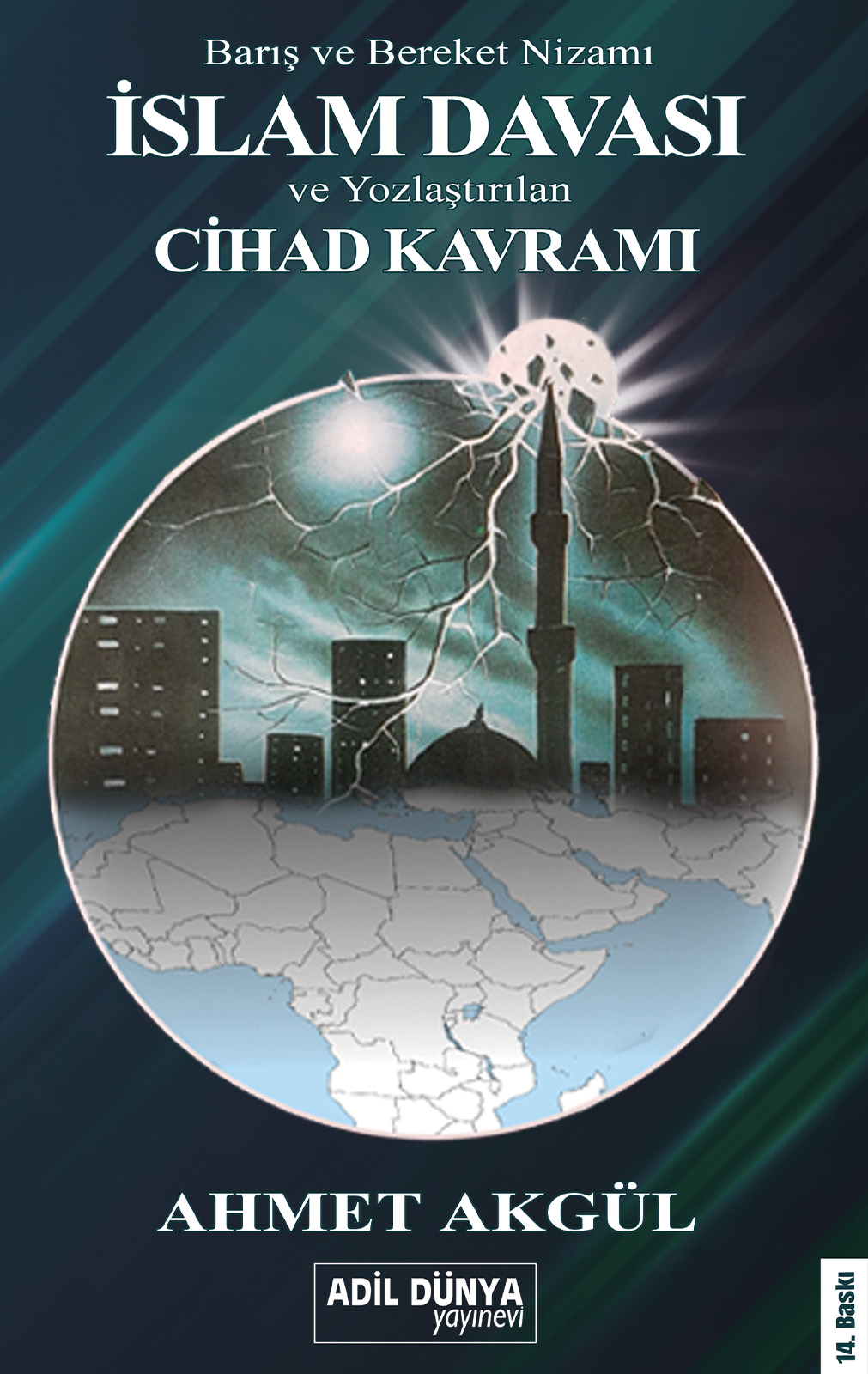
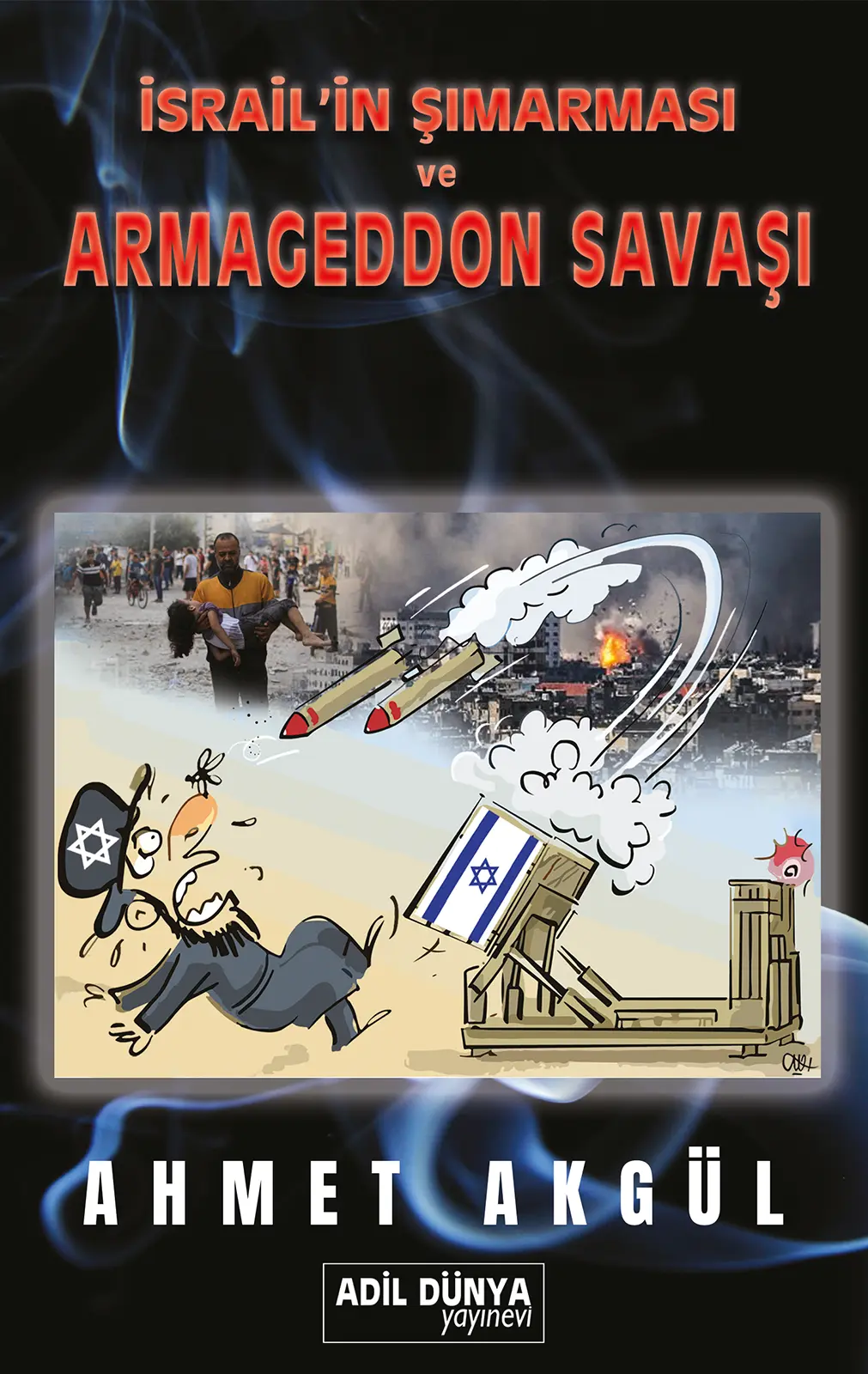
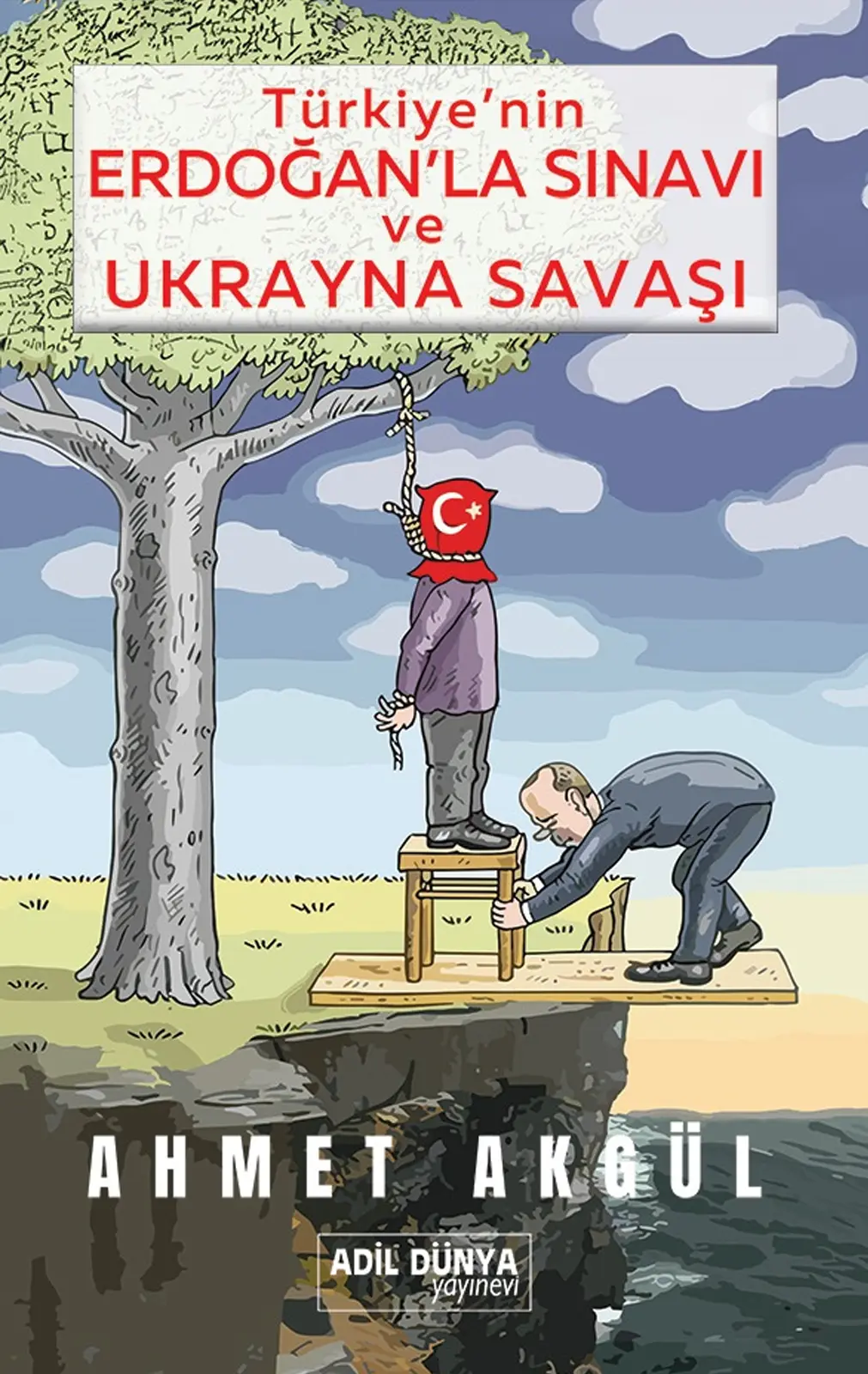
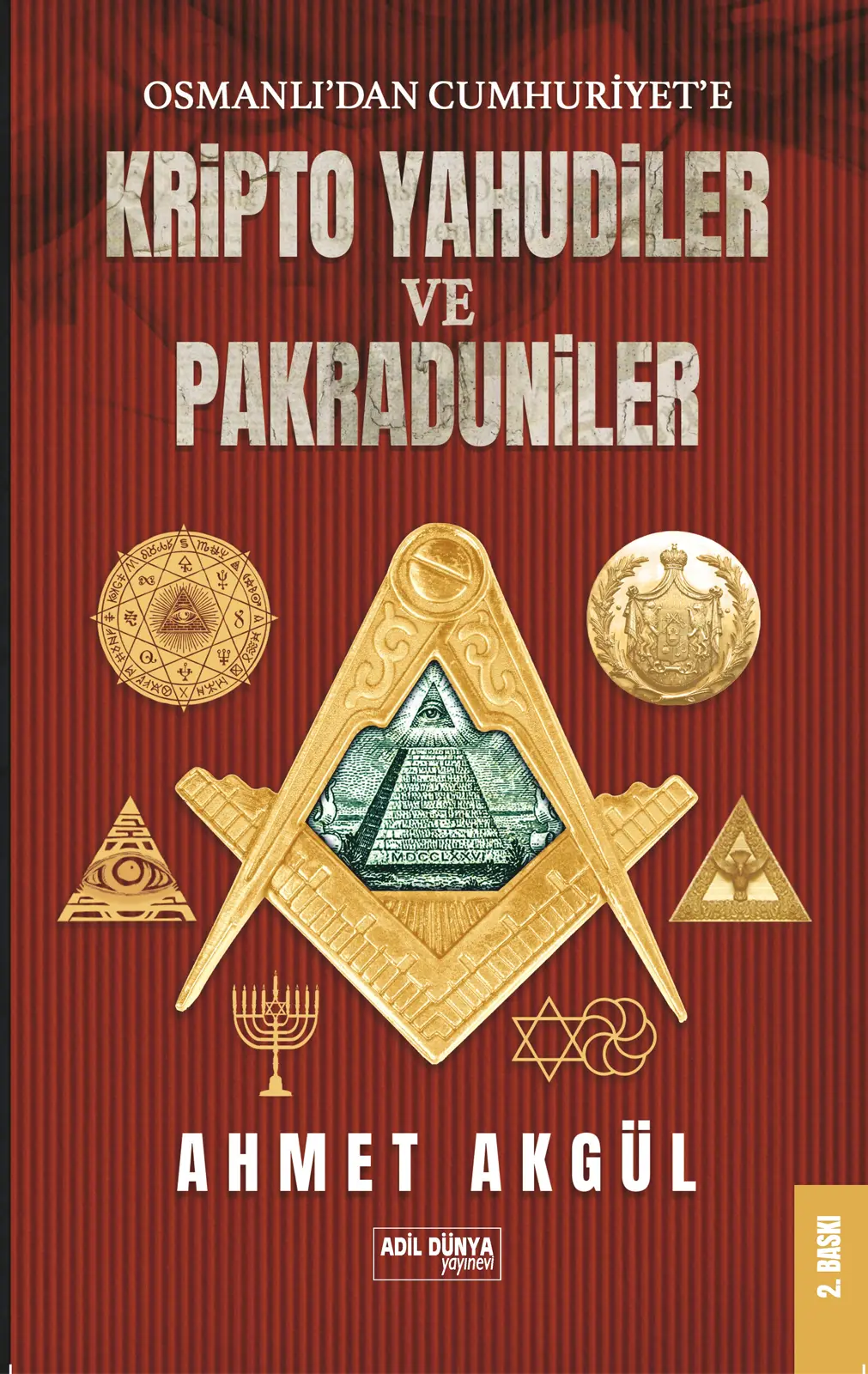
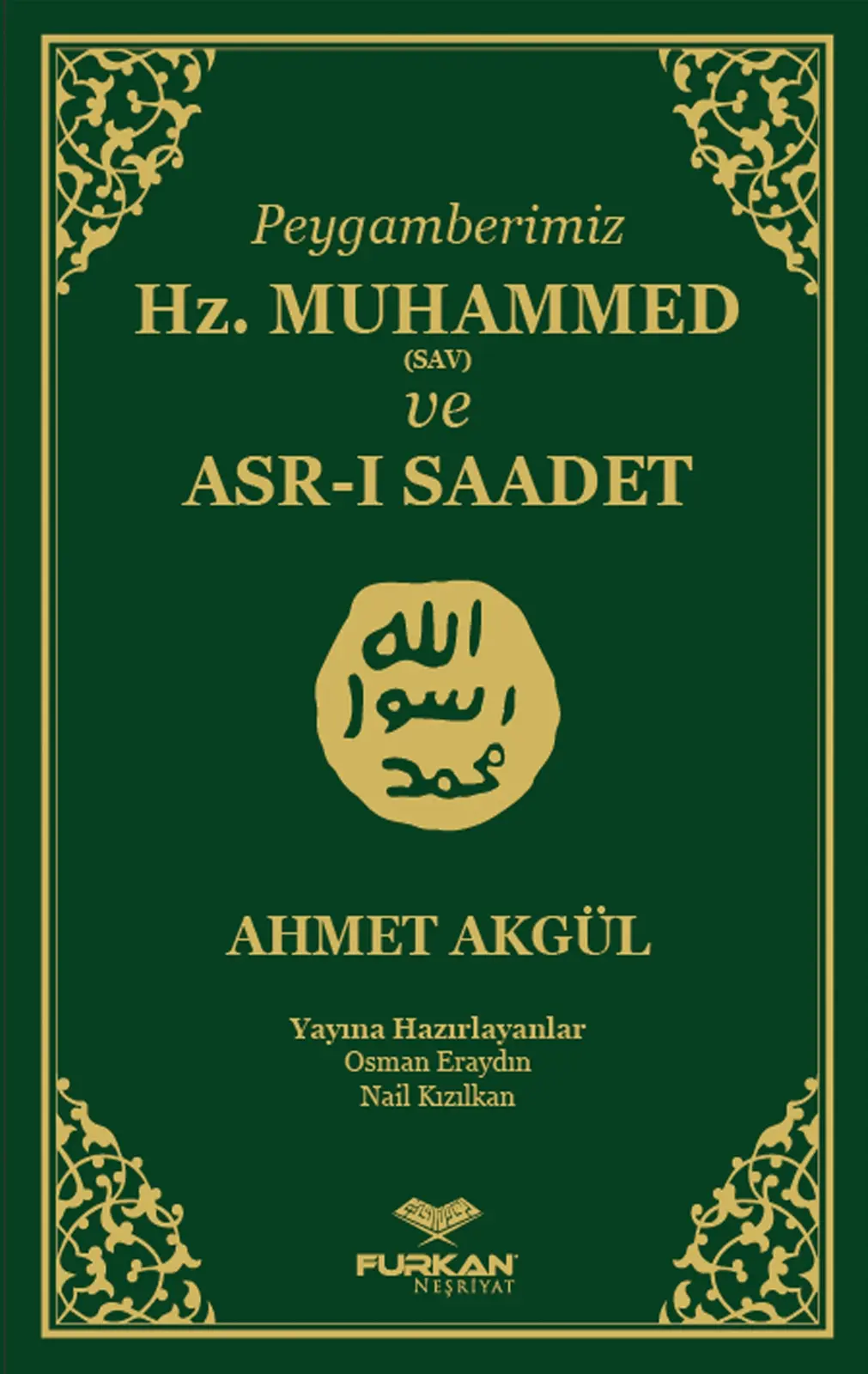
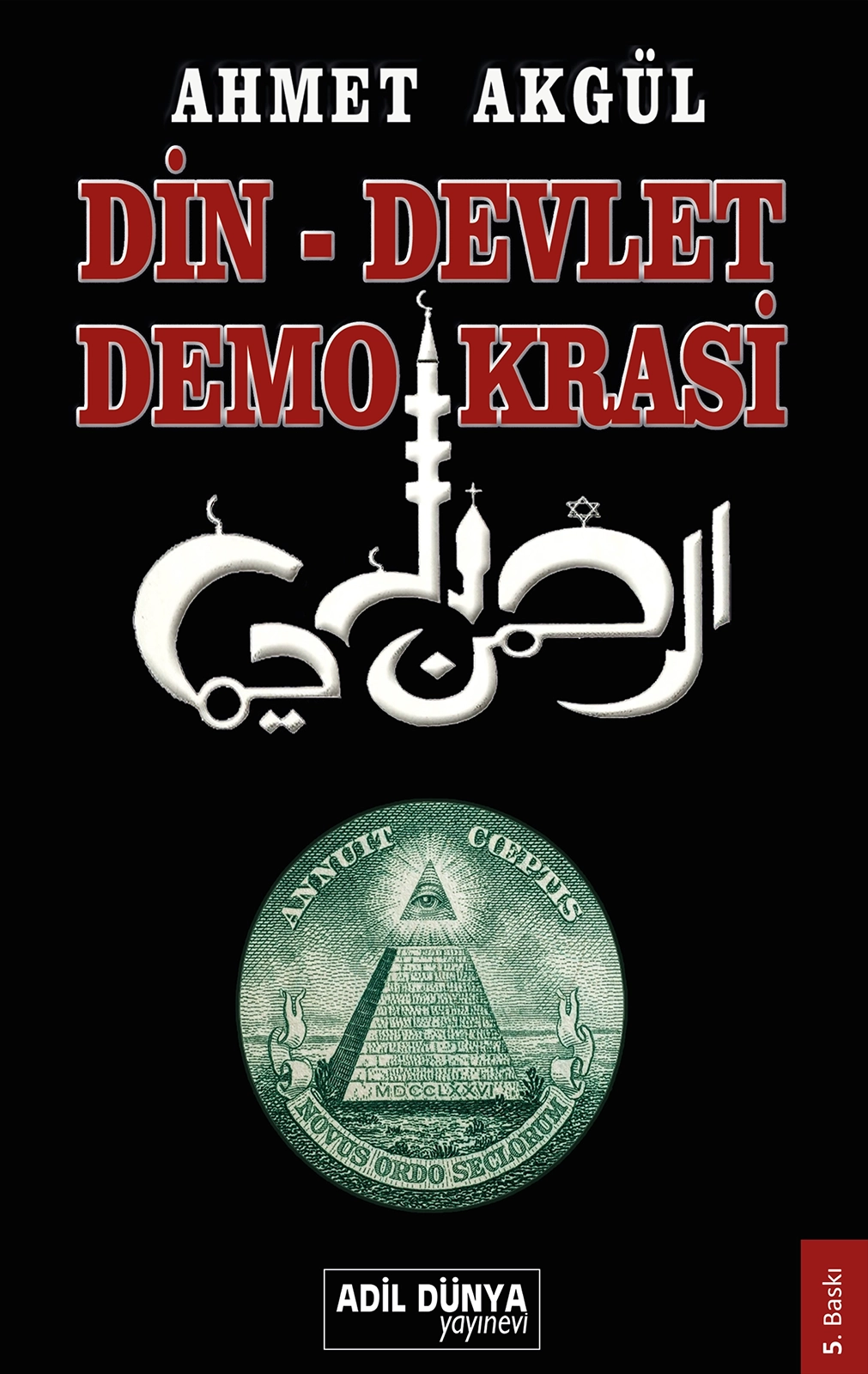
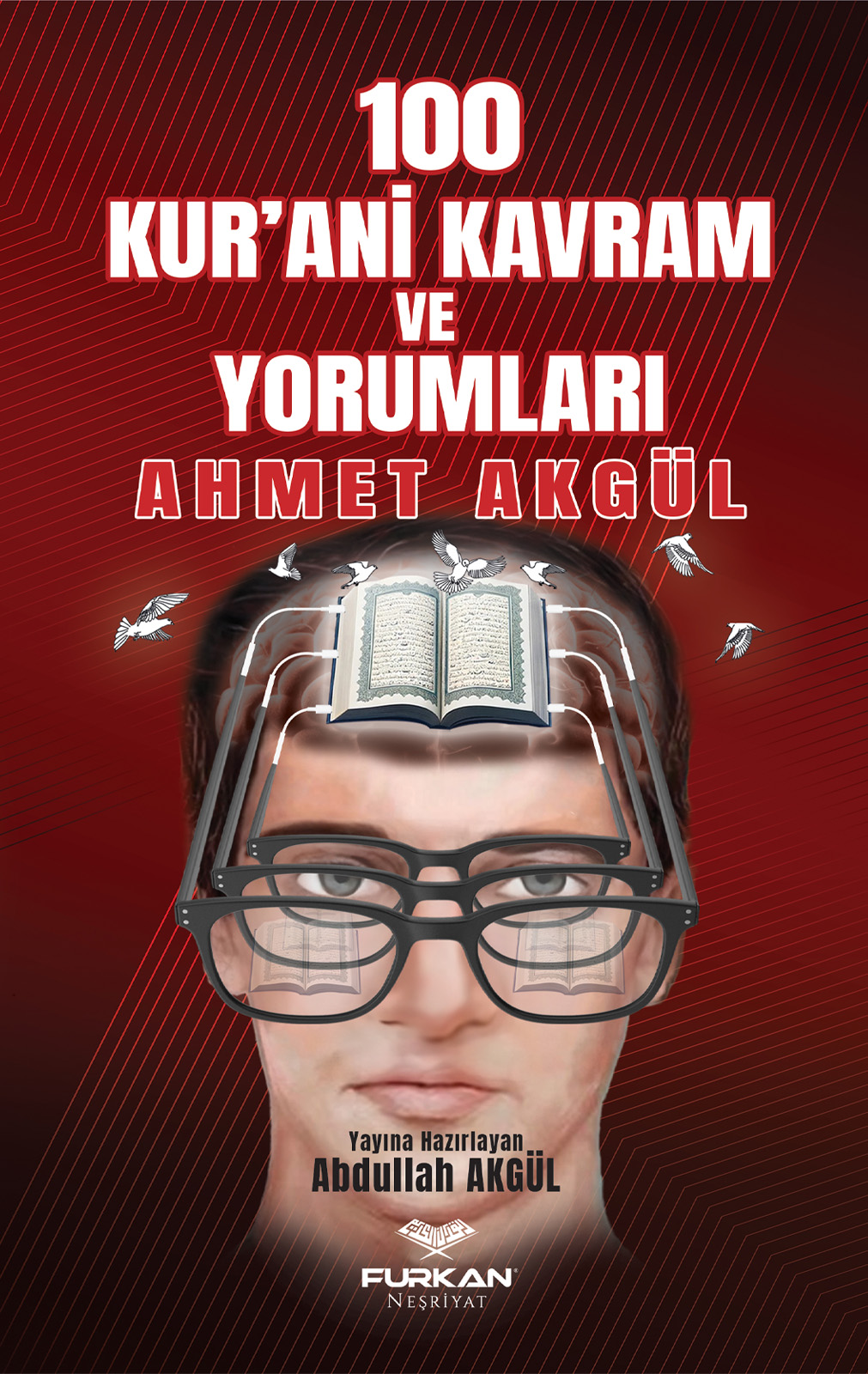
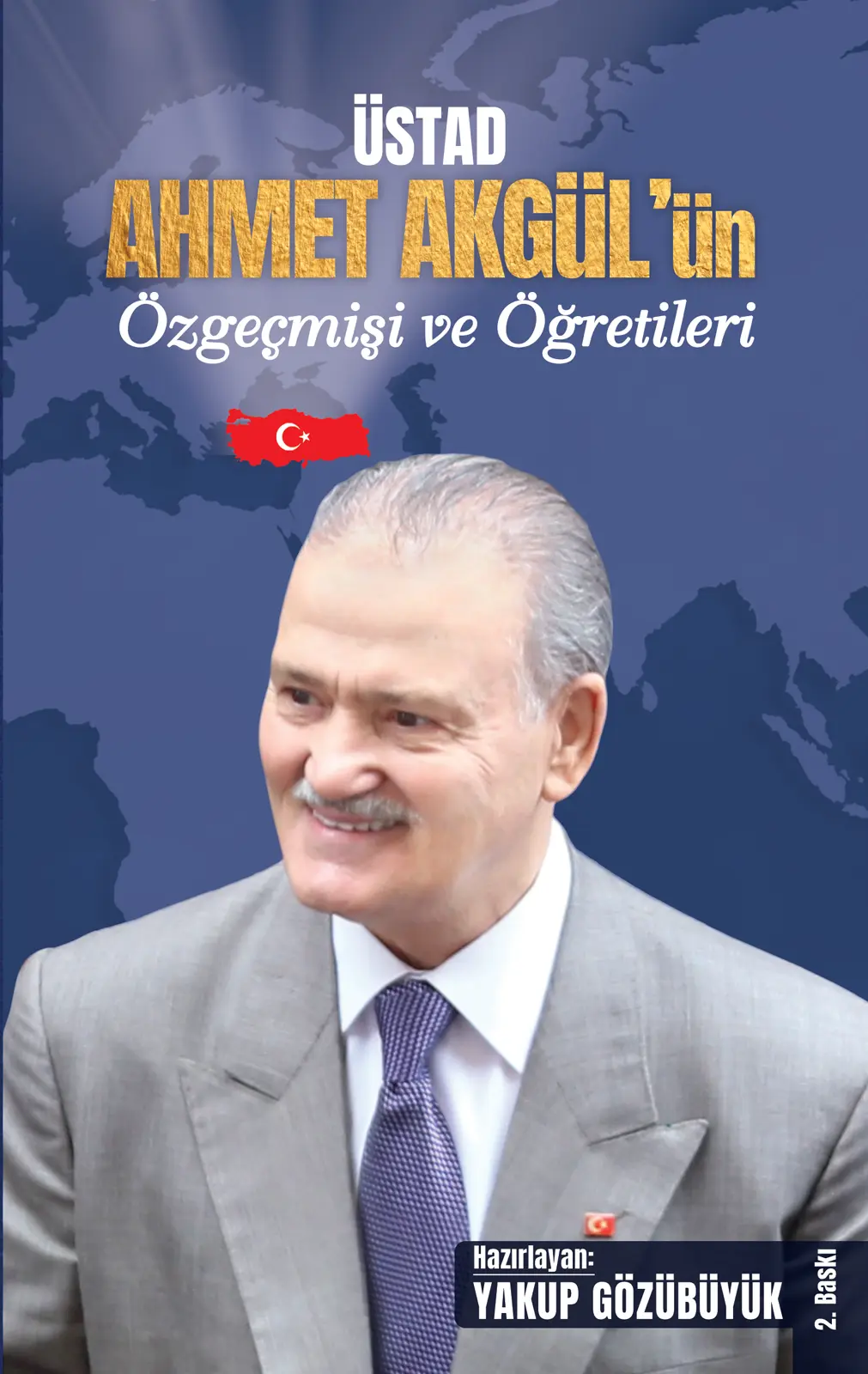
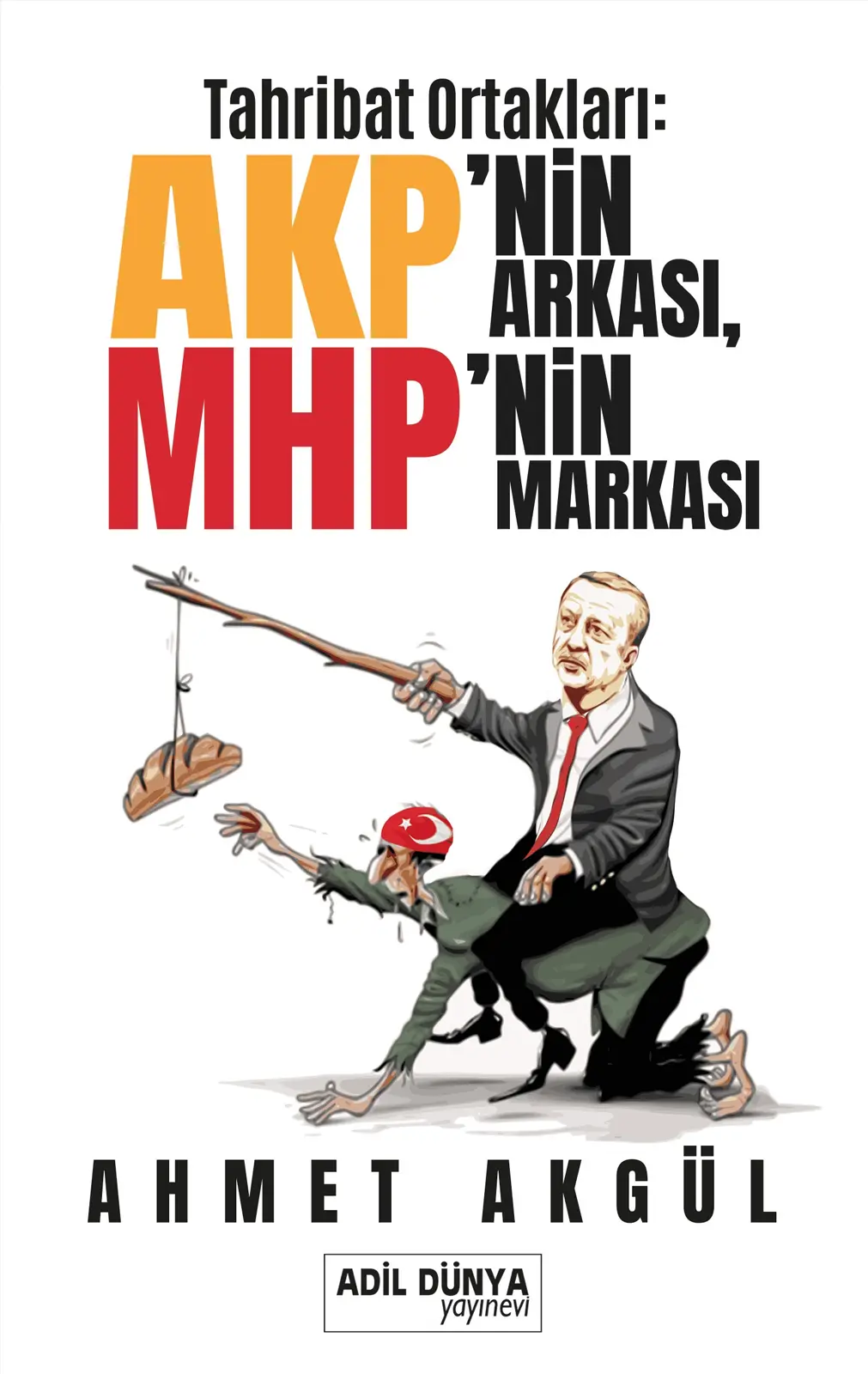
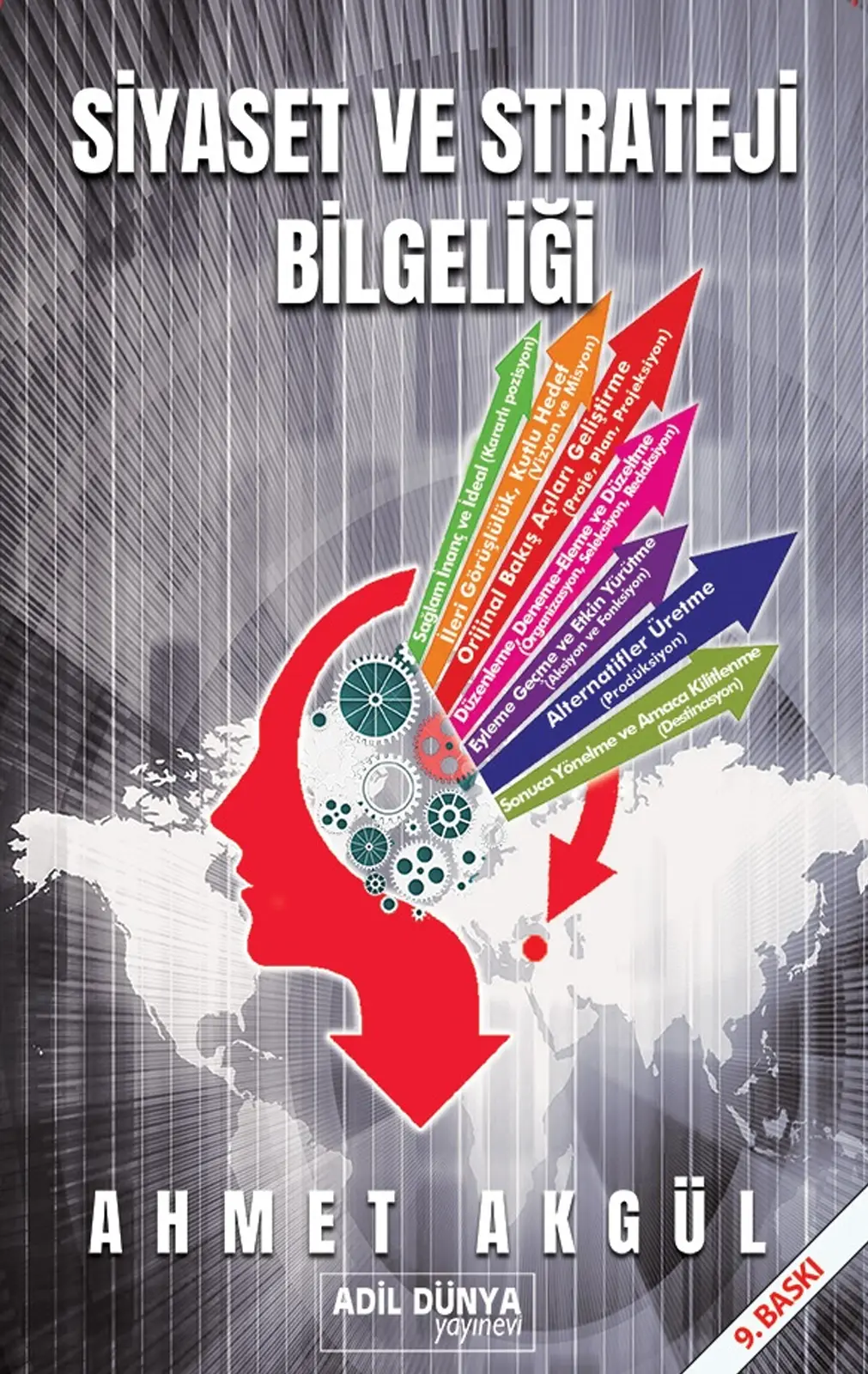
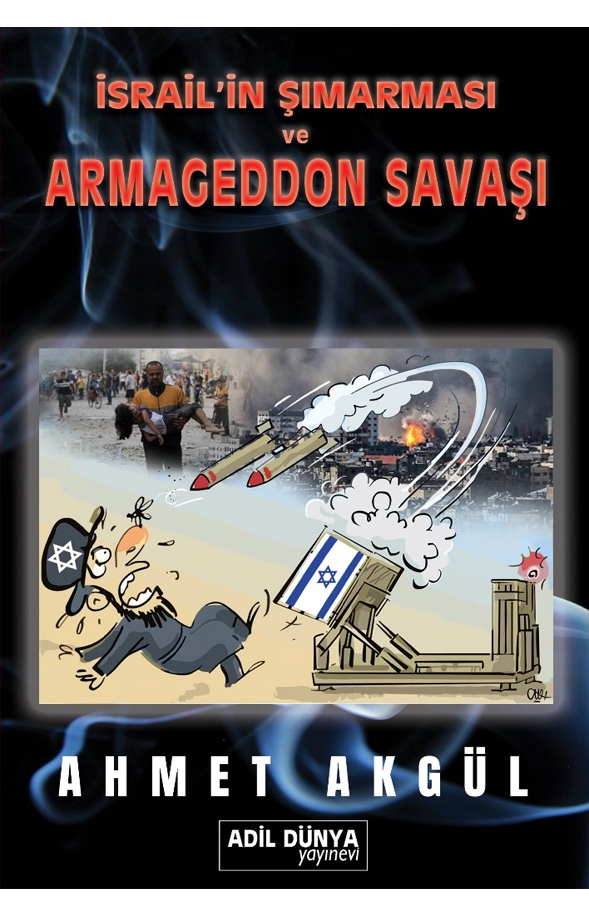
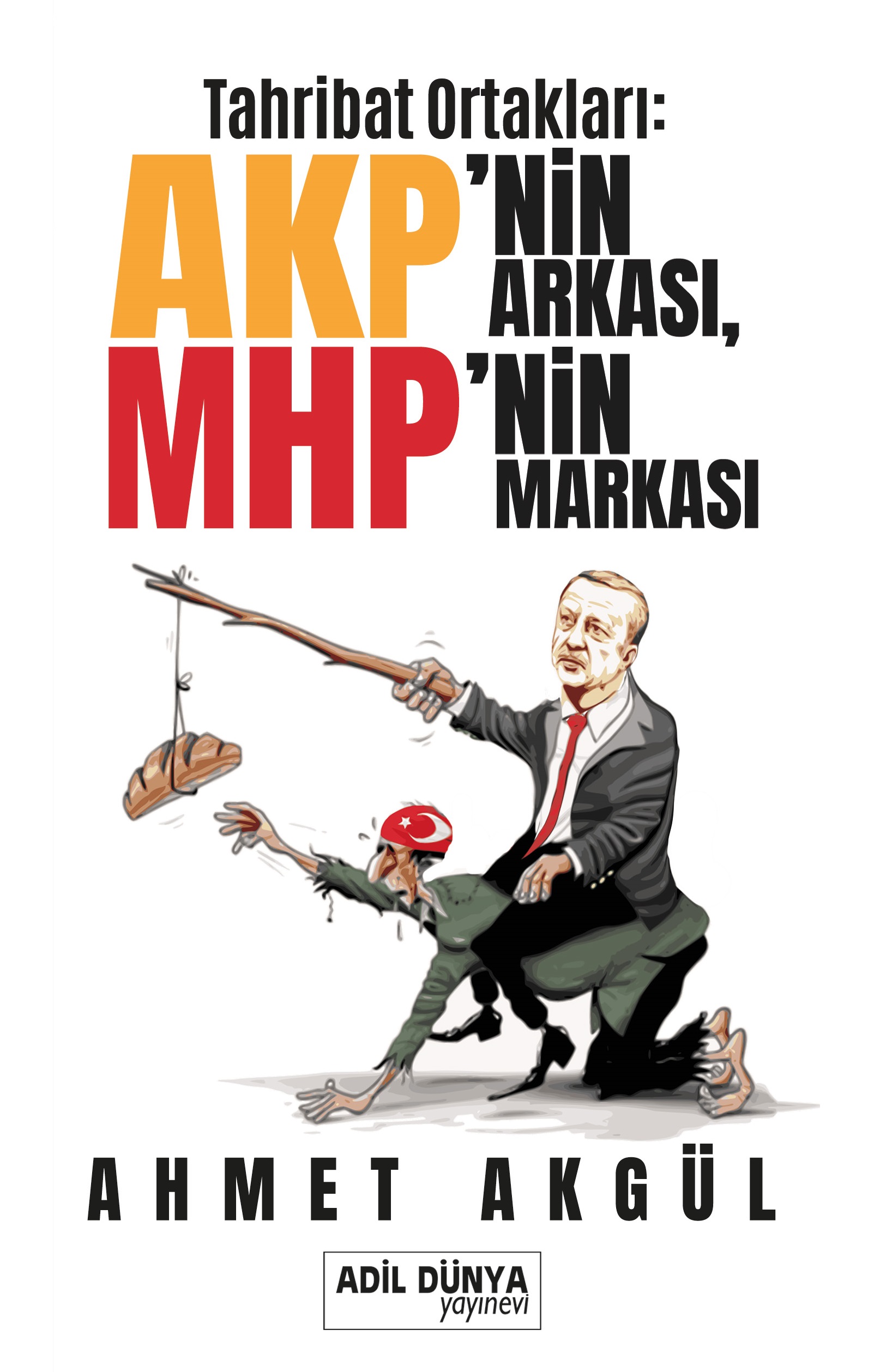
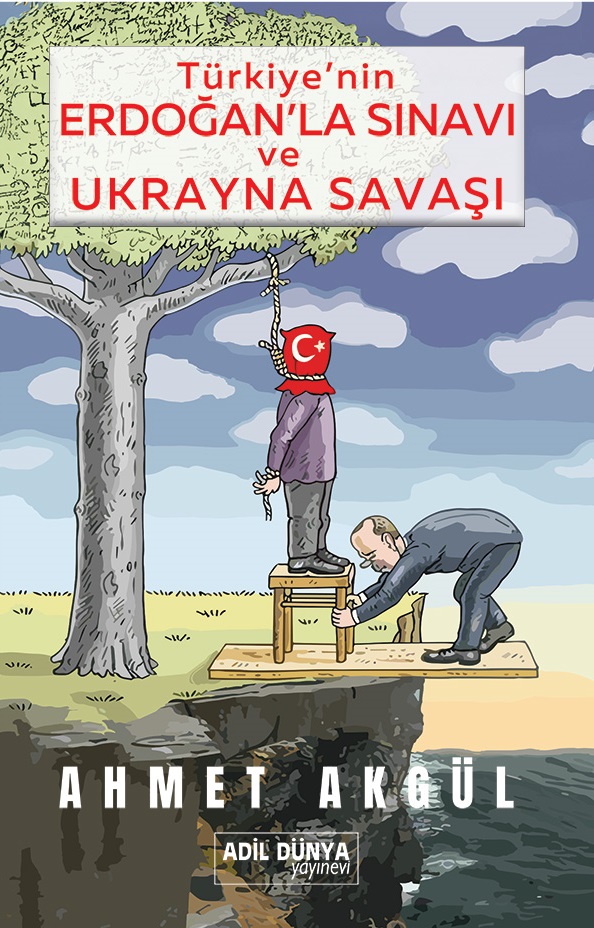

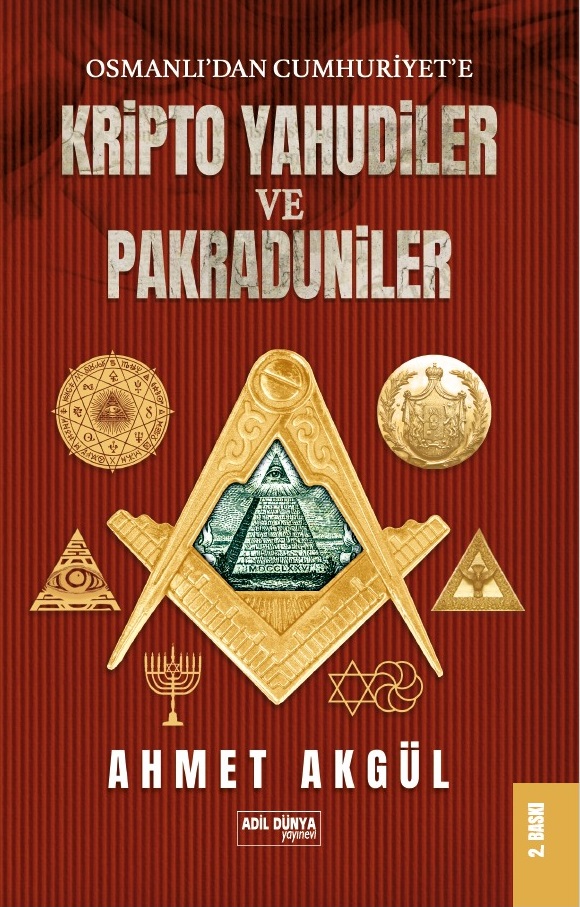
CÜBBELİ AHMET “BEL’AM”CIK’I VE MAHMUT EFENDİ YAKINLARINA UYARI!
FETULLAH GÜLEN DOSYASI
FİLİSTİN’DE; BÜYÜK BAYRAMIN BÜYÜLÜ BAŞLANGICI VE ZEKİ GEÇKİL’İN ŞARLATANLIĞI
Dünyanın Fikri Değişimi Türkiye’den, FİİLİ DEĞİŞİMİ İSE FİLİSTİN’DEN BAŞLAMIŞTIR!
FİLİSTİN’DE; BÜYÜK BAYRAMIN BÜYÜLÜ BAŞLANGICI VE ZEKİ GEÇKİL’İN ŞARLATANLIĞI
OĞUZHAN ASİLTÜRK’ÜN ERBAKAN’A İFTİRALARI
DİKKAT!? Soysuzların Soytarılığı!
DİKKAT!? Soysuzların Soytarılığı!
KUR’AN’A TERCÜMAN, OLDUM KOVULDUM! (ŞİİR)
KUR’AN’A TERCÜMAN, OLDUM KOVULDUM! (ŞİİR)
Anlaşılan amaç Özel'i bir şekilde aday yaptırıp tekrar kolaylıkla iktidarı sürdürmek. Tabi bu hizmet! falan…
Milli Çözüm, “Osmanlı’dan Cumhuriyet’e, Kripto Yahudiler ve Pakraduniler” kitabında yakın siyaset tarihimizi doğrudan ve derinden…
Siyonizmi en iyi tanıyan ve tanıtan üstadımızdan sistemler değişse de güncelliğini asla yitirmemiş bir şiir.…
Sn. Kılıçdaroğlu'na önlem olarak getirilen Özgür Özel, CHP'nin Kılıçdaroğlu ile başlayan ve olumlu yönde gelişen…
Bu yüzyılda Hak davaya önderlik eden Necmettin Erbakan ve Onun Adil Düzen plan ve programlarıdır.Elbette…
Halkı yıllarca IMF ve AB uyum yasaları arasına sıkıştırılan güçlerin emrindeki yöneticiler ; canım ülkemi…
İSRA SURESİ 71. AYETİN HIŞMINA UĞRAMAMAK İÇİN ASRIMIZA VE KUR'AN'A TERCÜMAN OLAN MİLLİ ÇÖZÜM'E TÂBİ…
TUTARSIZLIK = KILIÇDAROĞLU KORKUSU!.. ÇÜNKÜ KILIÇDAROĞLU MİLLİ MUTABAKAT TARAFTARIYDI!... Özgür Özel CHP'sinde evet bir tutarsızlık…
Saf 8 يُر۪يدُونَ لِيُطْفِؤُ۫ا نُورَ اللّٰهِ بِاَفْوَاهِهِمْ وَاللّٰهُ مُتِمُّ نُورِه۪ وَلَوْ كَرِهَ الْكَافِرُونَ Onlar, Allah'ın…
Tarihten günümüze hak davaya katılmış belli mevkilerde görev almış,farklı teşkilatlarda cemaatlerde bulunmuş olduklarını anlarken Hakkın…